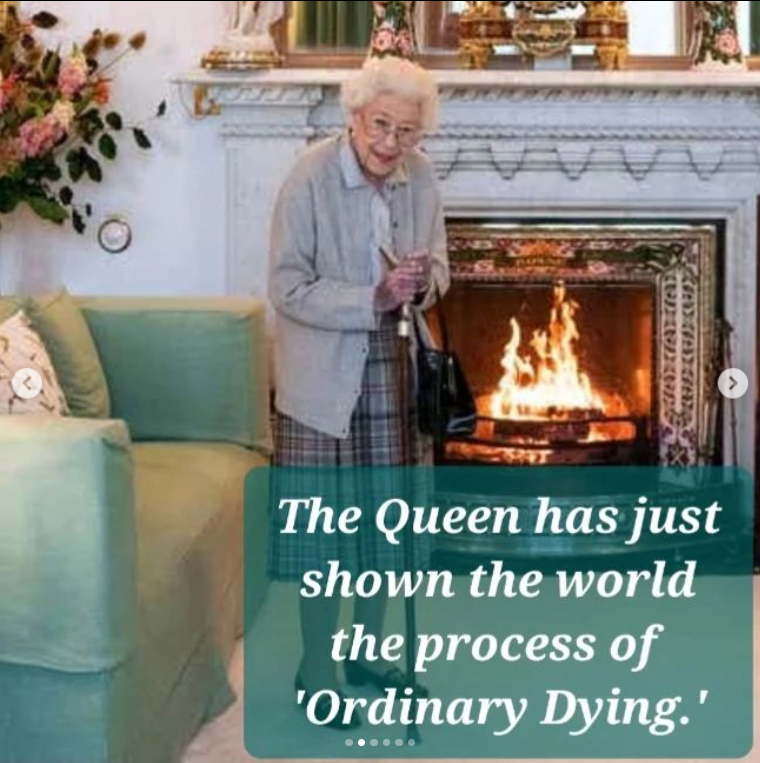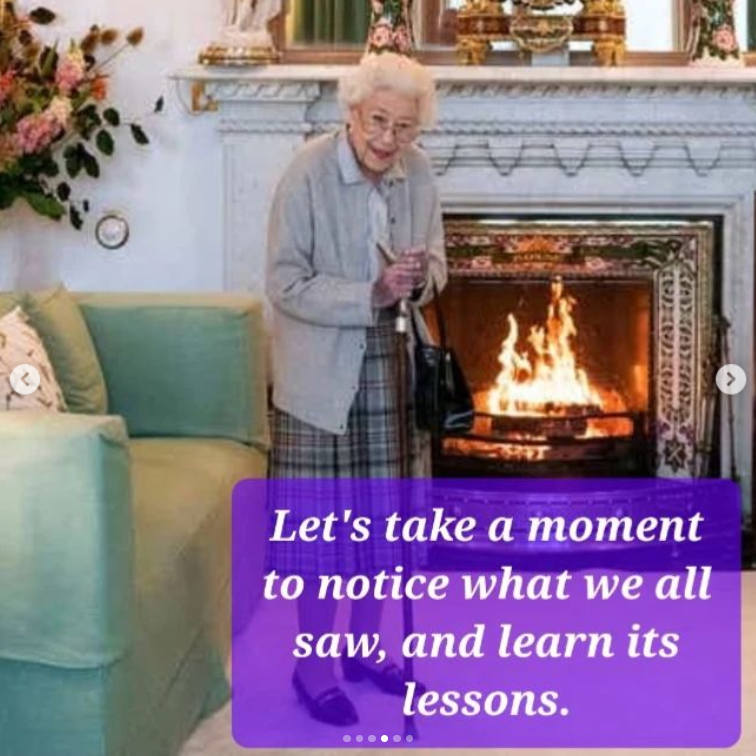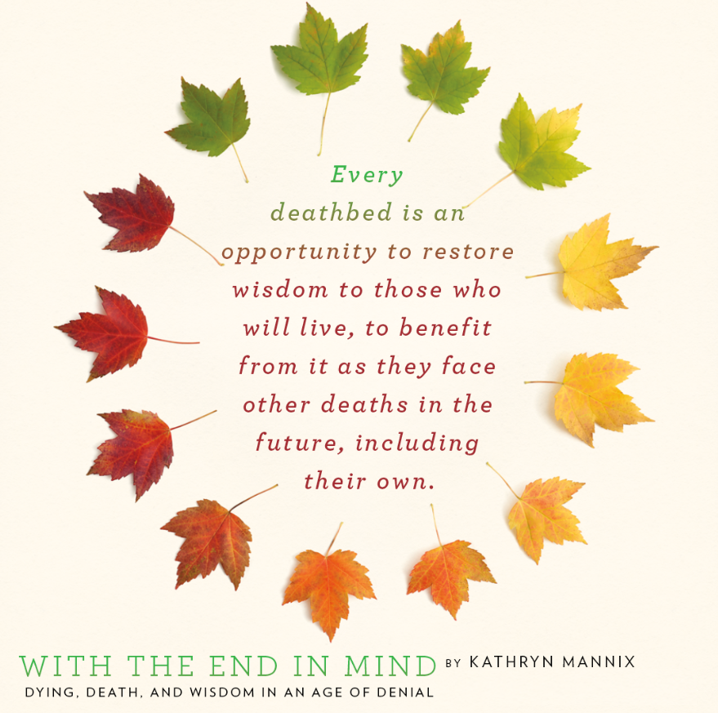
What can we learn from the death of the #Queen?
The world has watched her live through the process of #OrdinaryDying, and yet dying went unspoken, un-named.
Let's notice what nobody mentioned: we all saw the Queen going through the stages of ordinary dying.
A 🧵...
1/



The world has watched her live through the process of #OrdinaryDying, and yet dying went unspoken, un-named.
Let's notice what nobody mentioned: we all saw the Queen going through the stages of ordinary dying.
A 🧵...
1/




As her body wearied, she needed to ration her energy, reduce her public engagements, delegate some tasks.
Energy runs out faster as the process progresses.
But her mind remained crystal-clear, her famous sense of humour was undimmed.
2/
Energy runs out faster as the process progresses.
But her mind remained crystal-clear, her famous sense of humour was undimmed.
2/
The changes began slowly.
Initially, we realised that she was less energetic year by year.
This is the stage of dying when life expectancy is usually still measured in years.
3/
Initially, we realised that she was less energetic year by year.
This is the stage of dying when life expectancy is usually still measured in years.
3/
After Prince Philip died she was noticeably more tired, her public appearances less frequent, her energy less reliable.
Losing weight, walking with a stick: changing month by month, a stage that usually indicates life expectancy measured in months.
4/
Losing weight, walking with a stick: changing month by month, a stage that usually indicates life expectancy measured in months.
4/
She began to make clear her wishes.
Charles' wife to be Queen Consort. The 2nd in line, William, to move to Windsor. Her dresser & special friend joined the Royal household as her daily companion.
I wonder what medical wishes she also sorted out.
#AdvanceCarePlanning
5/
Charles' wife to be Queen Consort. The 2nd in line, William, to move to Windsor. Her dresser & special friend joined the Royal household as her daily companion.
I wonder what medical wishes she also sorted out.
#AdvanceCarePlanning
5/
Strength fading, she had tasks to complete. She was able to join in some, but not all, of the long-awaited Jubilee celebrations.
The country waited for a new Prime Minister to be appointed by her, with weeks to wait for that election.
She hung on.
6/
The country waited for a new Prime Minister to be appointed by her, with weeks to wait for that election.
She hung on.
6/
She hung on.
Many people do this, living longer than expected in order to see somebody special, celebrate a last important occasion, hear longed-for news.
Something held her, something important to her own heart, waiting.
7/
Many people do this, living longer than expected in order to see somebody special, celebrate a last important occasion, hear longed-for news.
Something held her, something important to her own heart, waiting.
7/
Once at her beloved Balmoral, the break with tradition in asking the outgoing and new Prime Ministers to attend her there was a sign that she was now too tired to travel.
All of us in palliative care recognised what was unfolding.
Yet dying remained un-named.
8/
All of us in palliative care recognised what was unfolding.
Yet dying remained un-named.
8/
Missions all accomplished, arrangements within the family in place, Constitutional duties complete, her energy was spent.
Even as the family was gathering, it was clear that she was in the last stage of dying.
9/
Even as the family was gathering, it was clear that she was in the last stage of dying.
9/
She has demonstrated the phases of ordinary dying to us all.
How dying is mainly living, after all.
And how, in the end, we can all plan ahead, address the unfinished business in our lives, and die with symptoms well-managed, even in our own bed if circumstances permit.
10/
How dying is mainly living, after all.
And how, in the end, we can all plan ahead, address the unfinished business in our lives, and die with symptoms well-managed, even in our own bed if circumstances permit.
10/
Dying in plain sight, camouflaged by briefings about 'mobility issues' and medical advice to 'rest.' Because like anyone else, the Queen was entitled to some privacy about her health, and to die away from the public gaze.
But we all saw the process.
Rest in peace, Ma'am.
11/
But we all saw the process.
Rest in peace, Ma'am.
11/
What can we learn?
That dying is inevitable, recognisable, describable, and that we can prepare for it. The Queen had clearly planned ahead.
That at the edge of life, we can still enjoy love, and peace, and companions.
That we need to get familiar with dying.
12/12
That dying is inevitable, recognisable, describable, and that we can prepare for it. The Queen had clearly planned ahead.
That at the edge of life, we can still enjoy love, and peace, and companions.
That we need to get familiar with dying.
12/12

• • •
Missing some Tweet in this thread? You can try to
force a refresh








